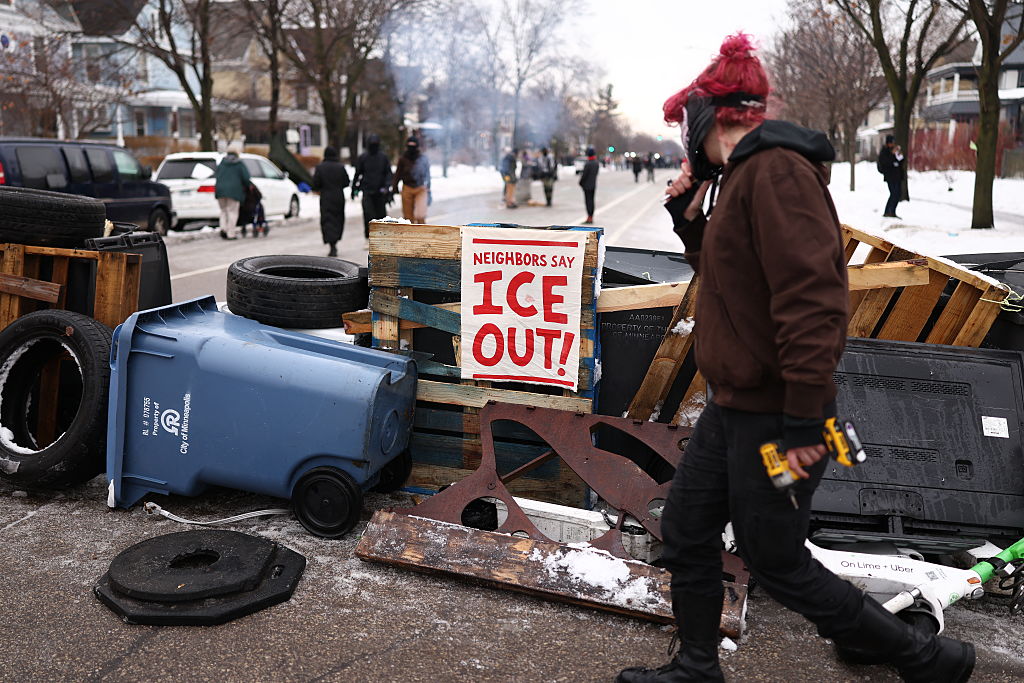“What is ‘Parent and child’?”
This was the first question offered in response to the Game Show “Jeopardy’s” answer, “Psalm 23 compares the divine-human relationship to this.” The second asked, “What are . . . two lovers?” The third contestant declined even to venture a guess.
I recently listened as clinicians discussed a case study at the Harvard teaching hospital where I serve as a chaplain. Someone in the audience asked, “Was this family Islamic?” The panelist responded, “No, they were African-American.” Others in the audience pointed out that there are Muslim African-Americans. Yes, I thought, just as there are Arab Christians.
That same afternoon, a clinician and I were trying to figure out whether my Catholic chaplain colleague had visited a patient’s family already. “Are they Catholic?” I asked. The clinician replied, “I don’t know. They’re Baptist. Does that mean they’re Catholic?”
I myself have needed to learn a great deal about the Jewish holidays since beginning work as a chaplain in Boston. Thanks to the rabbi I work with, I now know what a lulav and etrog are, and that those shelters that went up in my very Jewish neighborhood weren’t for utility repairs. Here’s what Sukkah tents for the weeklong Sukkot celebration in my neighborhood looked like.
The Pew Forum recently released results of its U.S Religious Knowledge Survey, which revealed that Americans are basically illiterate when it comes to religion. Moreover, those who claim no religious affiliation are steadily growing (hovering around 15%. See the Aris 2008 survey on American Nones). In sum, we can assume next to nothing about what people will know about any given tradition, regardless of which, if any, they claim for themselves.
So what? Some people aren’t literate with technology. Others couldn’t explain how our bicameral legislature works.
But how can we, as such a diverse nation, grasp what shapes our neighbors’ worldviews, decisions, values, and ways of approaching society, if we do not know basic facts about their religions? Religious knowledge is a prerequisite for any genuine depth of tolerance and appreciation for other traditions. And whatever “separation of church and state” means, it is not an invitation to live in the dark about the core convictions of our fellow citizens.
I worry for a culture in which the 24-hour news cycle, with its shocking sound bytes and tweet-sized opinions, is the primary source of religious education for people. What are we to make of the fact that barely 50% of the country’s population can name the Qu’ran as the holy text of Islam, yet just about everyone was exposed to some media spin on the proposed Islamic center in Manhattan, or on an evangelical pastor’s planned Qu’ran burning last month?
In my first two weeks at the hospital I’ve already met patients, families and staff from a broad range of traditions: Christians who are Lutheran, Methodist, Baptist, Episcopal, Congregational, Evangelical, Pentecostal, Catholic and Orthodox, along with Mormons, Jehovah’s Witnesses, Jews, Hindus, Muslims, Buddhists and plenty of “nones.” The Pew survey’s results remind me to check my assumptions about the degree to which any of them will know or value the tenets of their own tradition.
We would all benefit from increasing our religious knowledge, even if just for the sake of increasing our cultural competence. This will require that we develop the humility to admit our ignorance instead of pretending to know more than we do -- or worse, pretending that no significant consequences will result from our lack of understanding. Religious knowledge is a key portion of the wisdom and discernment for which our contemporary situation hungers.
On a recent trip to Starbucks -- that local yet universal, secular yet sacred space -- I noticed a nonsectarian liturgical summons: “Take Comfort in Rituals.”
We all have a lot to learn.
Jessica Bratt is ordained in the Reformed Church in America and currently serves as a chaplain at Children's Hospital in Boston, Massachusetts. She was formerly on denominational staff as Executive Coordinator in the Office of the General Secretary.







